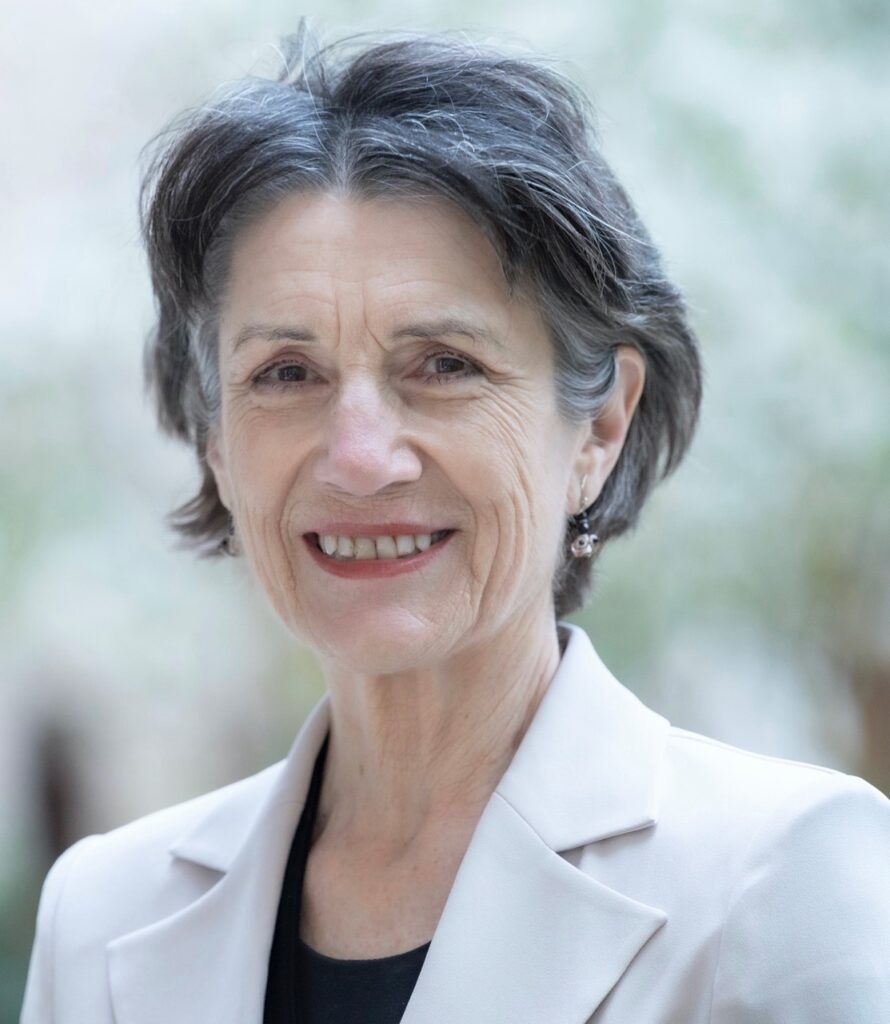The following is a transcript of Master Harriet Walter’s speech from her Bench Call, which took place on Tuesday 26 November 2024.
Please bear with me:
“My father had a daughter loved a man,
As it might be, perhaps, were I a woman,
I should your Lordship”
Those words spoken publicly we believe for the first time in this room over 400 years ago by a boy pretending to be a girl dressed as a boy.
Ghosts
If there are ghosts and if my father and grandfather’s spirits were hovering over this occasion they would be busting with pride and saying “At last she came to something”
My father was Called to the Bar in the 1930s, but along came the war, and he was diverted into the army. After the war, as a fluent Spanish speaker, he was rerouted again and spent four years in the British Diplomatic Delegation in Madrid. Despite these detours, he eventually worked as a legal advisor for a shipping company until he retired. That job never thrilled him. I think he would have had a lot more fun as a barrister, but he was a diffident man and more suited to working behind the scenes.

Not so his daughter.
Here on my phone, I have a photo, grabbed from my father’s album, of 10-year-old me wearing my father’s barrister’s wig and gown, pointing an accusatory finger at the camera and trying to suppress a self-congratulatory giggle. It should have been obvious from that picture which branch of the somewhat related professions I was destined to pursue.
Now for my grandfather. I barely knew him as he was not of the cosy variety. Stiff-backed and stone deaf, he was a daunting figure to a child. But when I started to show a bit of academic talent at school, unbeknownst to me, he was cooking up plans for my future.

I only learnt of this on my 30th birthday, long after my grandfather’s death, and once I was well on the way in my career. Only then did my father feel he could show me the letter his father had written to him in 1967 – the year before he died. It was written in protest at the news that I wanted to be an actress. ‘Harriet has a good logical and adversarial brain and should go to university to study languages or law. All girls want to be actresses at some point or another. If you allow yourself to be diverted into the pursuit of this will-o’-the-wisp you will land yourself in endless trouble.’ He went on to say, ‘In these precarious times it is absolutely necessary for girls, both before and after marriage, to be able to earn some money’. That girls should go to university and earn their living was not a commonly held belief in the class I was born into, and it was all the more surprising coming from a Victorian nonagenarian. I have grown to respect his relatively enlightened attitude. I never really thought of acting as a means of earning money. It was simply a must-do vocation from the age of nine.
But all was not lost, dear Grandfather.
It has often been said that standing up in court and standing up on the stage are closely related. Actors get under the skin of someone and inhabit them, barristersget into their mindset and argue for them. We are both trained to advocate for someone who is not us. At best, that should make us among the most intuitive, empathetic, and broad-minded people in society. Both of us have been exposed to and become familiar with those two sides of the coin – the criminal and the creative mind.

Now to that other ghost. In some sense Shakespeare has been my university and my legal training. A young director was rehearsing some students in ‘The Merchant of Venice’, and she asked me, ‘how do I get them to lose their fear of heightened poetic language and make it sound natural?’ Ay, that is thequestion… And after watching the production the answer became clear. ‘Tell them to focus on the argument’ I said. They will find that all the heightened poetic language works in the service of the argument. Shakespeare learned rhetoric at school and – from Portia to Hamlet to Bottom and Lancelot Gobbo, his characters in soliloquy pose a question, wrestle with the answer and arrive at a conclusion. It is the argument that fuels the passion and the need to communicate, and a good argument demands good listening, a broad mind and truthful observation. I wish all of us in this room success with these qualities that are so greatly needed in these times.
Thank you for this truly affirming honour. Again, in the words of the Bard, ‘I shall study deserving’.

Harriet Walter is a London-born actor working in theatre, film, television and radio. She is also the author of five books.
Television credits include Succession, Killing Eve, Belgravia, and The Crown.
Films include The Last Duel, Herself, Rocketman, The Sense of an Ending, Sense and Sensibility, Young Victoria, Atonement and Louis Malle’s Milou en Mai.
On stage she is best known for her Shakespearean work, from Viola and Ophelia to Beatrice, Lady Macbeth and Cleopatra and also the usually male roles of Brutus, Henry IV and Prospero for the Donmar all-female trilogy set in a women’s prison.

